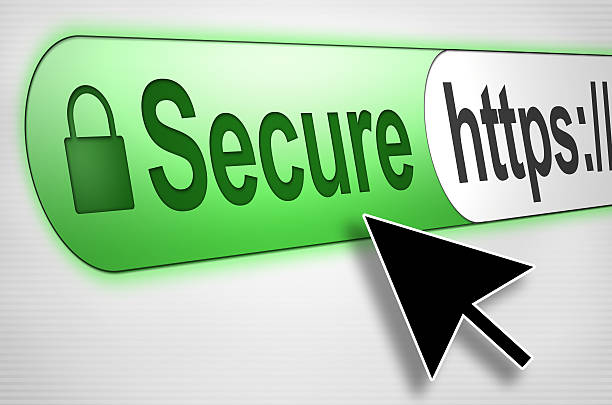An SSL certificate is a digital document that contains important information for authenticating or verifying a website’s identity and encrypting web traffic or connection, including the issuer of the certificate, the public key, and the associated subdomains.
SSL stands for secure socket layer. SSL certificates must be added to websites to keep customer information private and to secure web transactions. They secure all internet connections and prevent scammers from accessing information transferred between servers or systems.
So when site visitors are aware that a website has an SSL certificate, they can rest assured that their information is secure; a padlock icon next to the URL of a website in the address bar helps to identify a site that is protected by SSL.

Types of SSL Certificates
A certificate authority processes SSL certificates, and there are 6 types grouped into 2: encryptions and validation and domain-based certificates.
Under encryption and validation, there is Extended Organisation and Domain Validation, and for domain-based certificates, there is Wild Card, Single-domain, and Multidomain.
Extended Validation SSL Certificate
The EV SSL certificate is the most expensive one, and it is of great value; it displays the legitimacy of a domain from the address bar. This includes a padlock, business name, HTTPS, and business country in the address bar.
Any business can obtain this certificate, but it is essential for those who need identity assurance. For example, if you own a website that collects customer data or processes web payments, you will need this certificate to assure your visitors of your legitimacy.
Domain Validation SSL Certificate
This certificate is displayed as a green padlock in the address bar. It offers low encryption, but it is one of the best validations you can get. Also, you only need a few documents to apply for it. The DV SSL certificate validates your domain ownership, so if you can’t afford a higher-level certificate, this one will do fine for your business.
Organisation Validated SSL Certificate
The OV SSL certificate validates an organisation’s domain. It also appears as a green padlock in the address bar with the company’s name following it, offering a medium level of encryption. This certificate can be obtained in two steps. First, you must own the domain and then confirm that the organisation operates legally.
Wildcard SSL Certificate
Wildcard certificates are in the domain and subdomain number categories, so buying one certificate for a domain will also serve your subdomains. This is relatively cheaper than getting a separate certificate for domains and subdomains.
Single-domain SSL Certificate
This type of SSL certificate only protects one domain. You can choose to use it for a main or subdomain, but it cannot function simultaneously.
Unified Communications SSL Certificate
The UC SSL certificate allows multiple domain names to be on the same certificate; it was initially designed to bridge the communication between a browser and a single server but was upgraded to accommodate multiple domain names by the same owner.